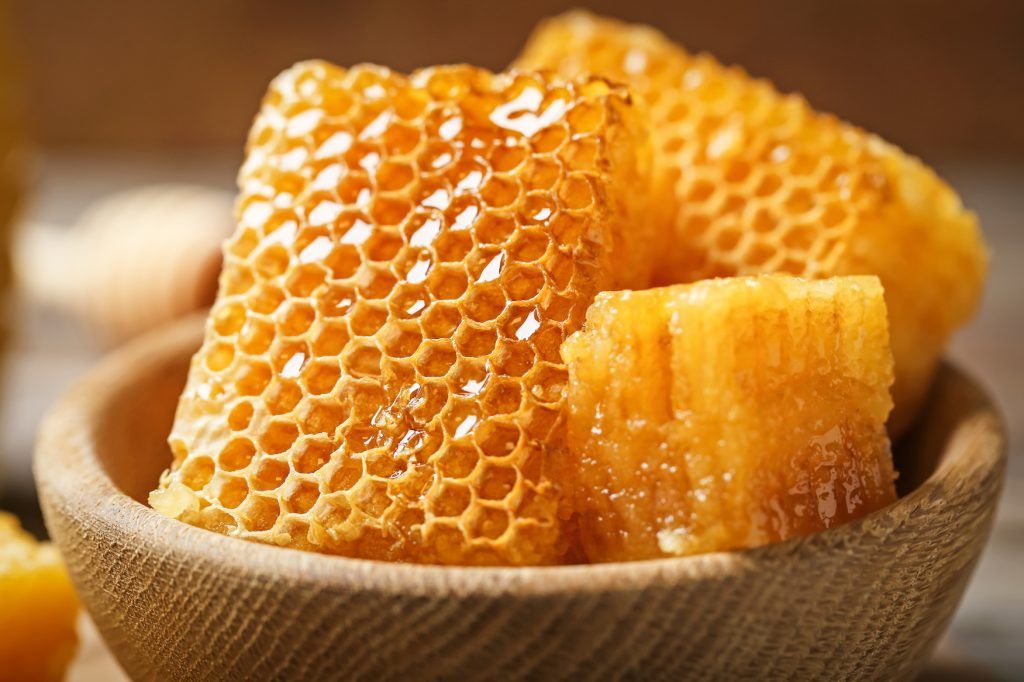U.S. Customs and Border Protection (CBP) and the U.S. Department of Justice have pursued cases of illegal imports of adulterated or fraudulent honey.
In particular, FDA has seized honey imports in response to evidence that some products contained unauthorized chemicals and antibiotics or other agricultural chemicals, triggering FDA import alerts.
According to a U.S. congressional analysis, honey is a food product with documented reports of food fraud, adulteration and misbranding.
As FDA notes, some companies intentionally dilute honey by blending it with «cheaper sweeteners, such as corn syrup, rice syrup, sugar beet syrup, or cane sugar,» which reduces its cost of production, and then market and sell that product to consumers as pure honey at higher prices.
Honey production in the United States has steadily declined, while imports have risen sharply.
In the upcoming Farm Bill, the U.S. Congress could address concerns raised by U.S. honey producers about adulteration, mislabeling and fraudulent labeling of both domestically produced and imported honey.
Some producer groups say these concerns could be addressed through regulatory standards for what constitutes honey, improved country-of-origin labeling, and enforcement of intentional fraud and adulteration of honey imports in violation of U.S. customs and trade laws.
Fraudulent honey
Imports of honey of «non-authentic geographic origin» continue to be of concern to U.S. producers.
Moreover, according to the same analysis, in most cases, this is honey from China that is transshipped through another Asian country and falsely sold as honey from that second country, usually to avoid the higher customs duties and tariffs that would be imposed on Chinese honey.
Related concerns include the need to protect U.S. honey producers from unfair trade practices by combating noncompliance with antidumping and countervailing duties for some honey imports.
FDA guidelines on honey labeling do not directly address country of origin requirements for imported honey.
Finally, the American Beekeeping Federation states that the current country of origin labeling of honey is confusing and misleading, and they intend to «work with FDA to establish…mandatory and accurate country of origin labeling standards» for honey.
![]()

